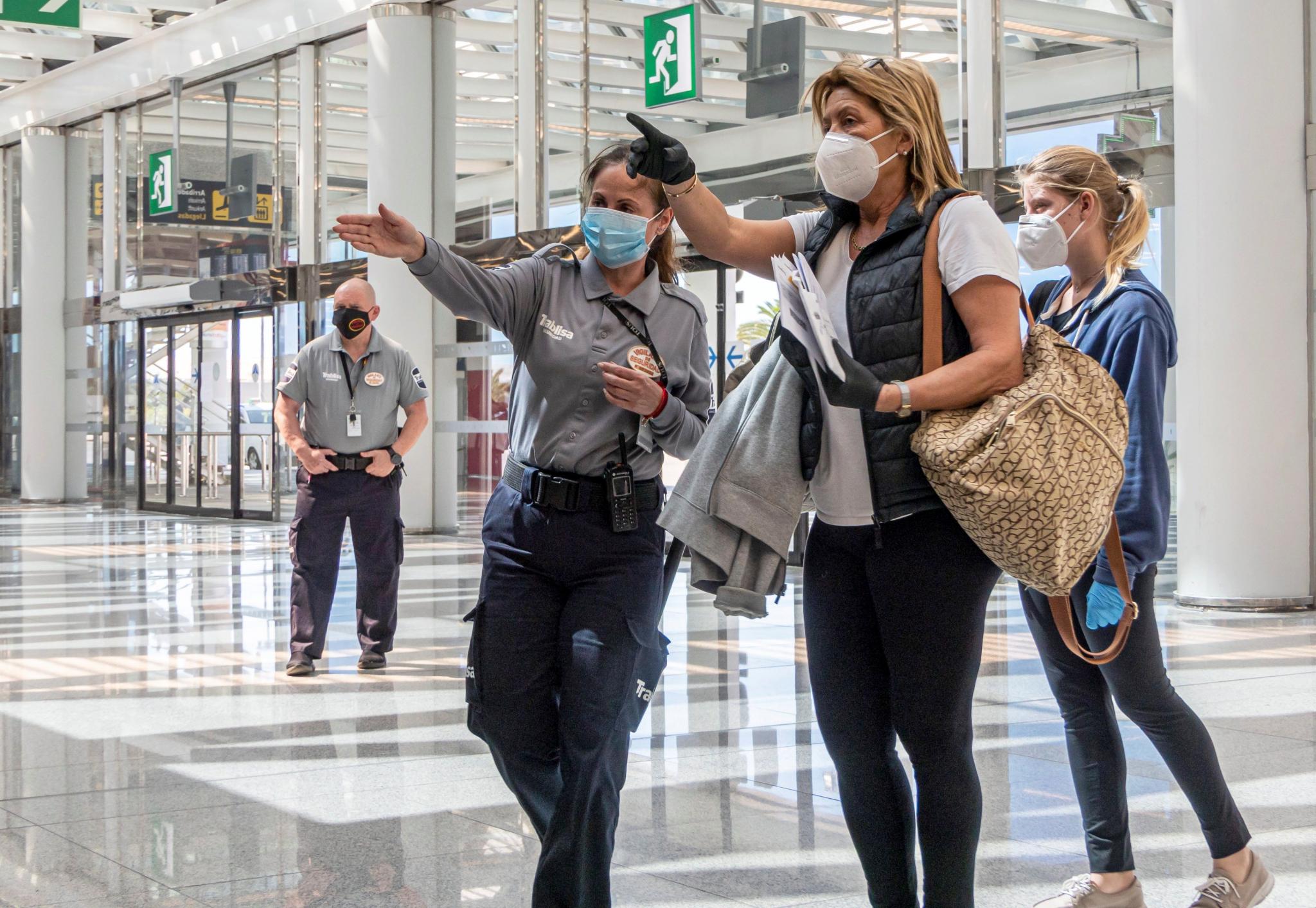I have borrowed the following from an article in Psychology Today by David Rock. Headed “A Hunger for Certainty” and dealing with brain processes, Dr. Rock wrote: “A sense of uncertainty about the future generates a strong threat or alert response in your limbic system. Your brain detects something is wrong, and your ability to focus on other issues diminishes. Your brain doesn’t like uncertainty - it’s like a type of pain, something to be avoided. Certainty on the other hand feels rewarding, and we tend to steer toward it, even when it might be better for us to remain uncertain.”


No comments
To be able to write a comment, you have to be registered and logged in
Currently there are no comments.